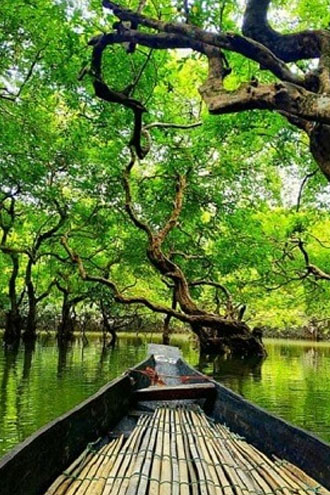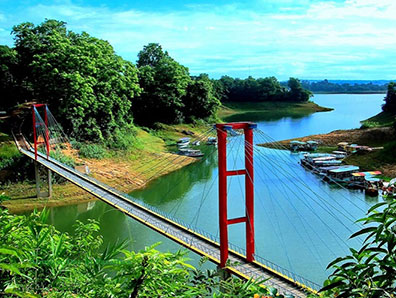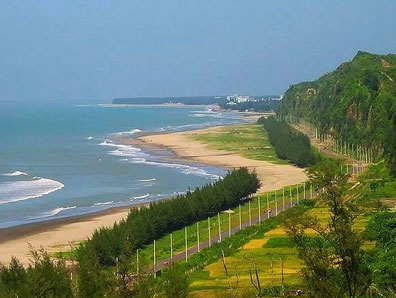Fiji is a country located in the South Pacific Ocean, consisting of an archipelago of over 300 islands. The two main islands are Viti Levu and Vanua Levu. The official languages are English, Fijian, and Hindi, and the currency is the Fijian dollar. The country has a population of around 900,000 people. Fiji has a diverse culture, with influences from indigenous Fijians, Indians, Europeans, and other Pacific islanders.
Fiji is a parliamentary republic with a strong executive branch led by the Prime Minister. The country has a history of political instability, with several coups in the past decades. The most recent one was in 2006, and the current government has been in power since then.
Fiji's economy is based on tourism, sugar, and gold, with tourism being the major sector, accounting for around 30% of GDP. The country also has a growing services sector and a small but growing manufacturing sector. Agriculture, particularly sugarcane and other crops, also contributes to the economy.
The country has a relatively low level of poverty and a high standard of living compared to other Pacific Island nations, but it is still facing economic challenges such as high unemployment, income inequality, and a lack of diversification in the economy. The government has been implementing economic reforms to improve the business environment and attract foreign investment, but progress has been slow.
Fiji is also facing the challenges of Climate change, which could have a negative impact on the country's agriculture, tourism, and infrastructure. The government has been working on developing resilience to climate change and reducing greenhouse gas emissions.


